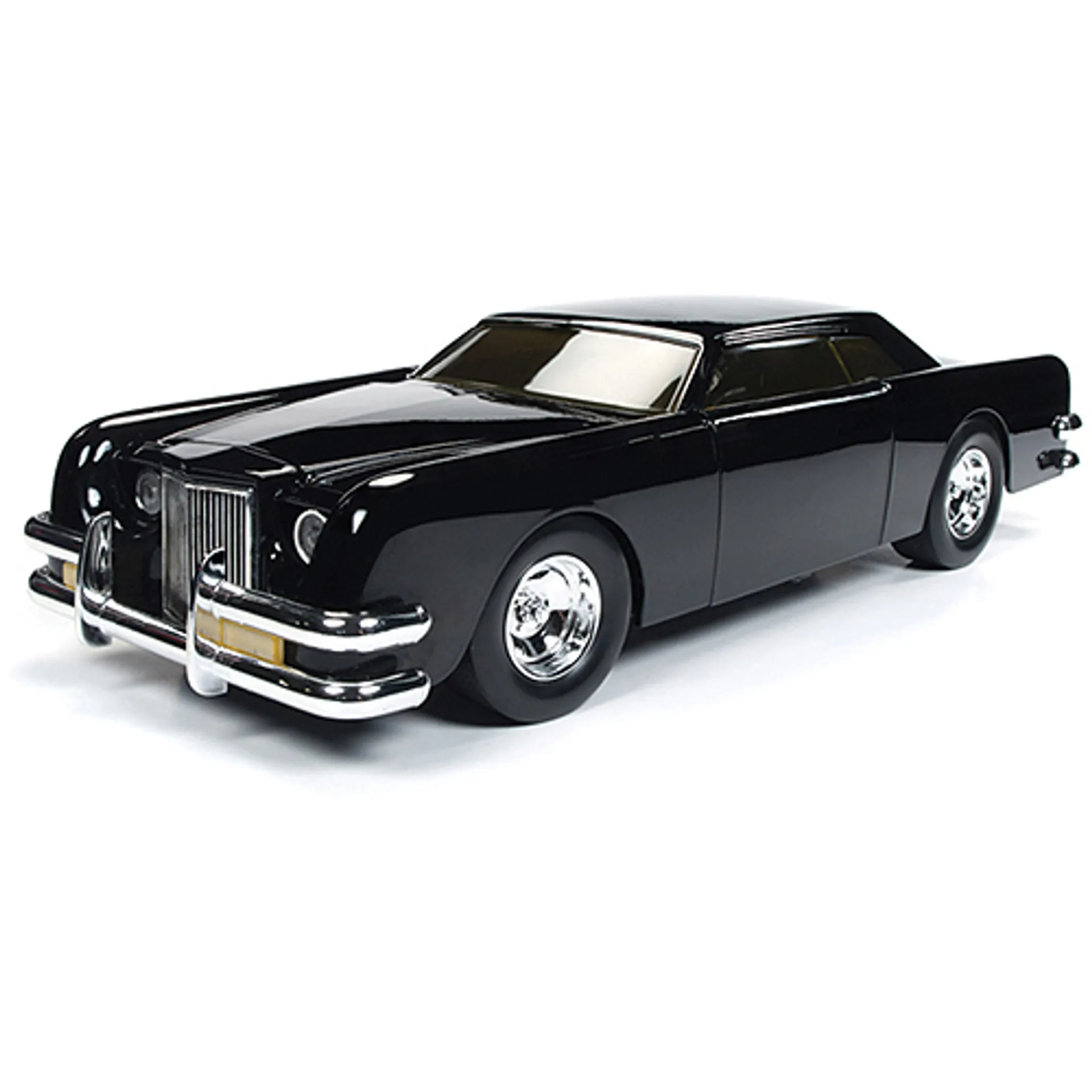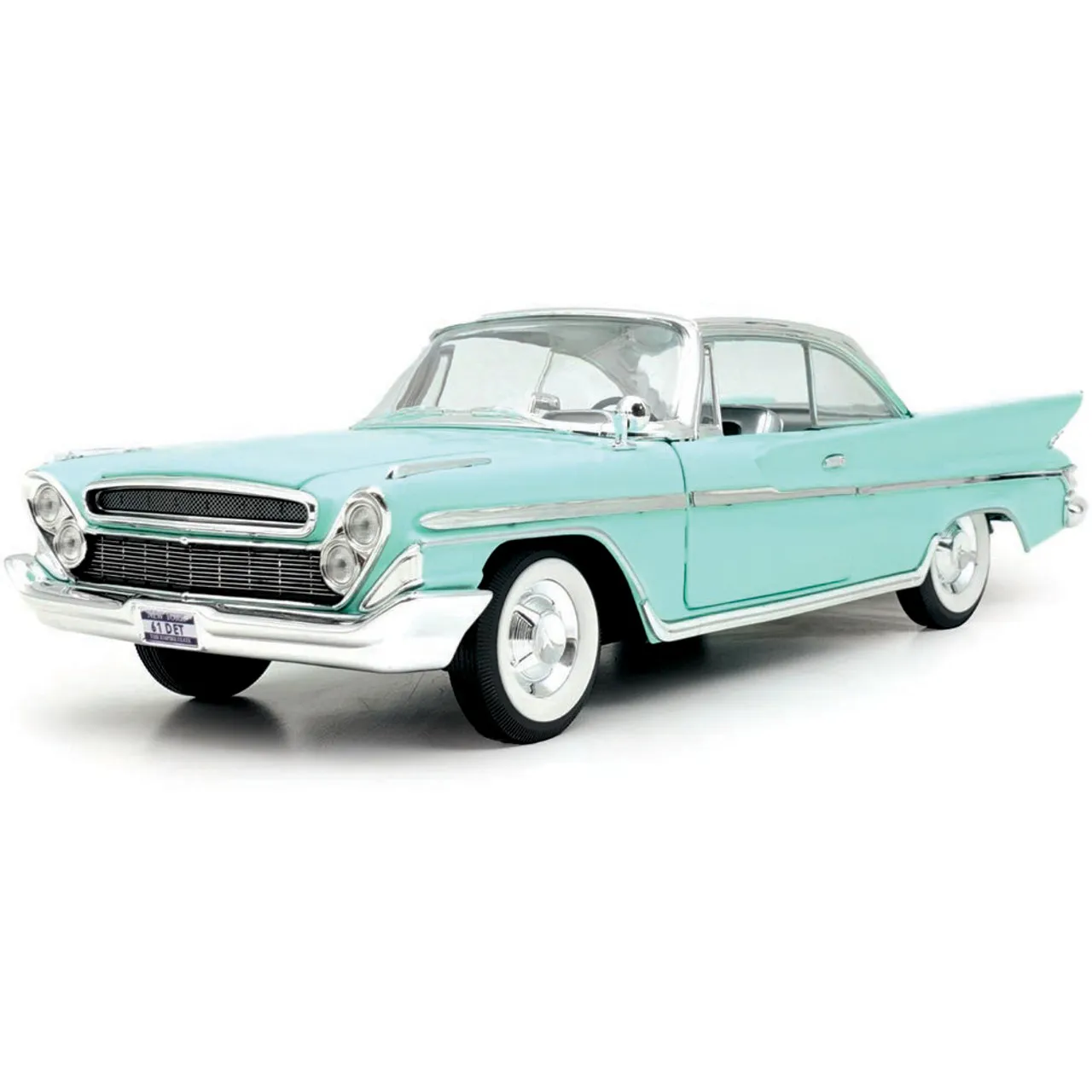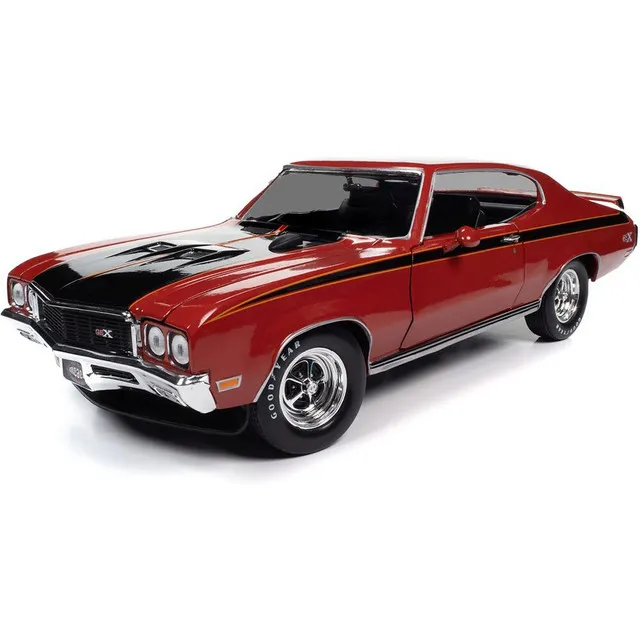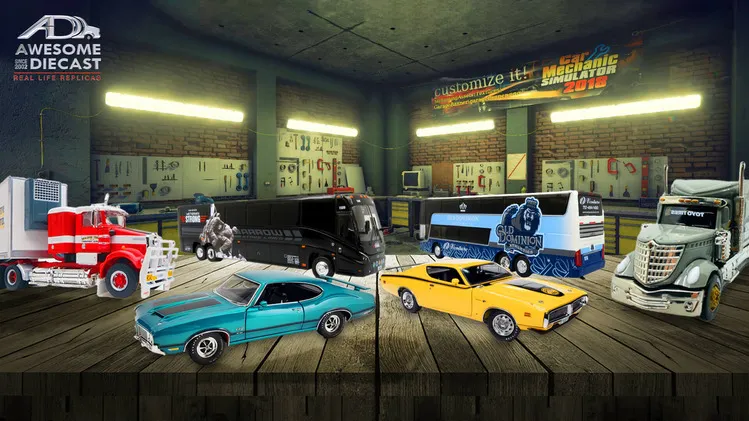Diecast Model Dealers Top 7 Buying Tips
The world of diecast model collecting is a captivating hobby, drawing enthusiasts with its intricate detail and historical significance. However, navigating this world as a buyer requires a strategic approach to ensure you acquire authentic, high-quality models at fair prices. Diecast model dealers are the primary source for collectors, and knowing how to choose and interact with these dealers can significantly impact your collecting experience. This guide provides seven essential tips to help you become a savvy buyer, from researching reputable dealers to understanding model authenticity, ensuring you make informed decisions and build a valuable collection. By following these tips, you can confidently explore the diverse world of diecast models and enjoy the thrill of collecting.
Researching Reputable Diecast Model Dealers
Before making any purchases, due diligence is crucial. Start by researching potential dealers online. Look for established businesses with a proven track record. Check online forums, social media groups, and review websites to gauge the dealer’s reputation. Read customer testimonials and pay attention to any recurring complaints. A reputable dealer will be transparent about their business practices, including their return policies and model authentication processes. Also, consider the dealer’s specialization; some dealers focus on specific brands, scales, or eras. This specialization can indicate a higher level of expertise and commitment to quality. When researching, consider the dealer’s experience and years in business as a testament to their reliability and knowledge.
Checking Dealer’s Online Presence and Reviews

In today’s digital age, a dealer’s online presence is a key indicator of their credibility. A professional website with detailed product descriptions, high-quality images, and secure payment options is essential. Check for a physical address and contact information. Look for reviews on Google, Facebook, and specialized collecting forums. Positive reviews, particularly those detailing the dealer’s responsiveness, customer service, and accuracy of descriptions, are valuable. Be wary of dealers with limited online presence or negative reviews that raise red flags about model authenticity or poor service. Social media pages, if actively maintained, can also provide insights into the dealer’s engagement with the collecting community and their current inventory. A strong online presence often reflects a commitment to customer satisfaction and business integrity.
Evaluating the Dealer’s Model Selection and Inventory
A reputable diecast model dealer will offer a diverse selection of models catering to different tastes and collecting interests. Assess the range of models available, considering the brands, scales, and eras represented. A good dealer will have a well-curated inventory, including both new releases and vintage models. Check for detailed model descriptions, including specifications, historical background, and any known flaws or imperfections. High-quality photographs from multiple angles are a must. The dealer’s inventory should be well-organized and easy to navigate, allowing you to quickly find what you’re looking for. Look for dealers who specialize in particular areas, such as classic cars, military vehicles, or specific manufacturers, as they are likely to have a deeper understanding of those models.
Assessing the Dealer’s Pricing and Payment Options
Pricing is a critical factor when buying diecast models. Compare prices across multiple dealers for the same model to gauge the market value. Be wary of prices that seem too good to be true, as they may indicate a counterfeit or a model in poor condition. Consider the dealer’s pricing strategy, whether they offer competitive prices, discounts for multiple purchases, or special promotions. Always check for any hidden fees, such as shipping costs, taxes, or handling charges. A reputable dealer will be transparent about all costs involved. Payment options should be secure and convenient, including credit cards, PayPal, and potentially other methods. Ensure that the dealer offers a secure payment gateway to protect your financial information. Consider the dealer’s shipping policies, including costs, insurance, and return policies, as part of your overall assessment.
Inspecting Models for Authenticity and Condition

Authenticity is paramount in diecast model collecting. Always inspect the model closely for any signs of counterfeiting or modification. Check the quality of the paint job, the accuracy of the details, and the overall construction of the model. Look for official manufacturer markings, serial numbers, and any certificates of authenticity if available. Pay attention to the model’s condition, noting any scratches, dents, or other imperfections. A model’s condition significantly impacts its value, with mint-condition models commanding the highest prices. Request additional photos or ask for a detailed condition report if necessary. Verify that the model matches the description provided by the dealer. If buying a vintage model, research its history and production details to ensure its authenticity. A reputable dealer should be transparent about the model’s condition and provide all necessary information for authentication.
Understanding Dealer’s Return and Warranty Policies
Before making a purchase, carefully review the dealer’s return and warranty policies. A good dealer will offer a reasonable return period if the model is not as described or if there is a defect. Understand the terms and conditions of the return policy, including any restocking fees or shipping costs. Some dealers offer warranties, particularly on new models, covering defects or other issues. Check the duration and scope of the warranty. Know the dealer’s process for returns, including how to initiate a return, the required documentation, and the timeframe for processing refunds or exchanges. Ensure that the dealer’s policies are clearly stated and easily accessible. A dealer with fair and customer-friendly policies demonstrates confidence in their products and commitment to customer satisfaction.
Leveraging Dealer Expertise and Customer Service
A reputable diecast model dealer should be a valuable resource for collectors. Look for dealers with extensive knowledge of the hobby, including model history, manufacturers, and collecting trends. Don’t hesitate to ask the dealer questions about models, their authenticity, or their condition. A knowledgeable dealer can provide valuable insights and guidance. Assess the dealer’s customer service. Are they responsive to inquiries? Are they helpful and accommodating? Positive customer reviews often highlight a dealer’s excellent customer service. A dealer who is passionate about collecting and willing to share their knowledge can significantly enhance your collecting experience and help you make informed decisions. Good customer service and expertise are indicators of a dealer’s commitment to customer satisfaction and their passion for the hobby.
Negotiating with Diecast Model Dealers

Negotiation can be a part of the diecast model buying process, especially when purchasing multiple models or vintage pieces. However, be respectful and reasonable in your negotiations. Research the market value of the model beforehand to understand a fair price. Don’t lowball the dealer, but feel free to ask if there’s any flexibility in the price, particularly if you’re a returning customer or buying multiple items. Highlight any imperfections you’ve noticed and use them as a basis for negotiation. Be prepared to walk away if you can’t reach an agreement that meets your needs. Building a positive relationship with a dealer can also lead to better pricing or exclusive offers in the future. Always be polite and professional in your negotiations, and remember that a fair deal benefits both the buyer and the seller. Respecting the dealer’s expertise and business practices will create a positive environment.
